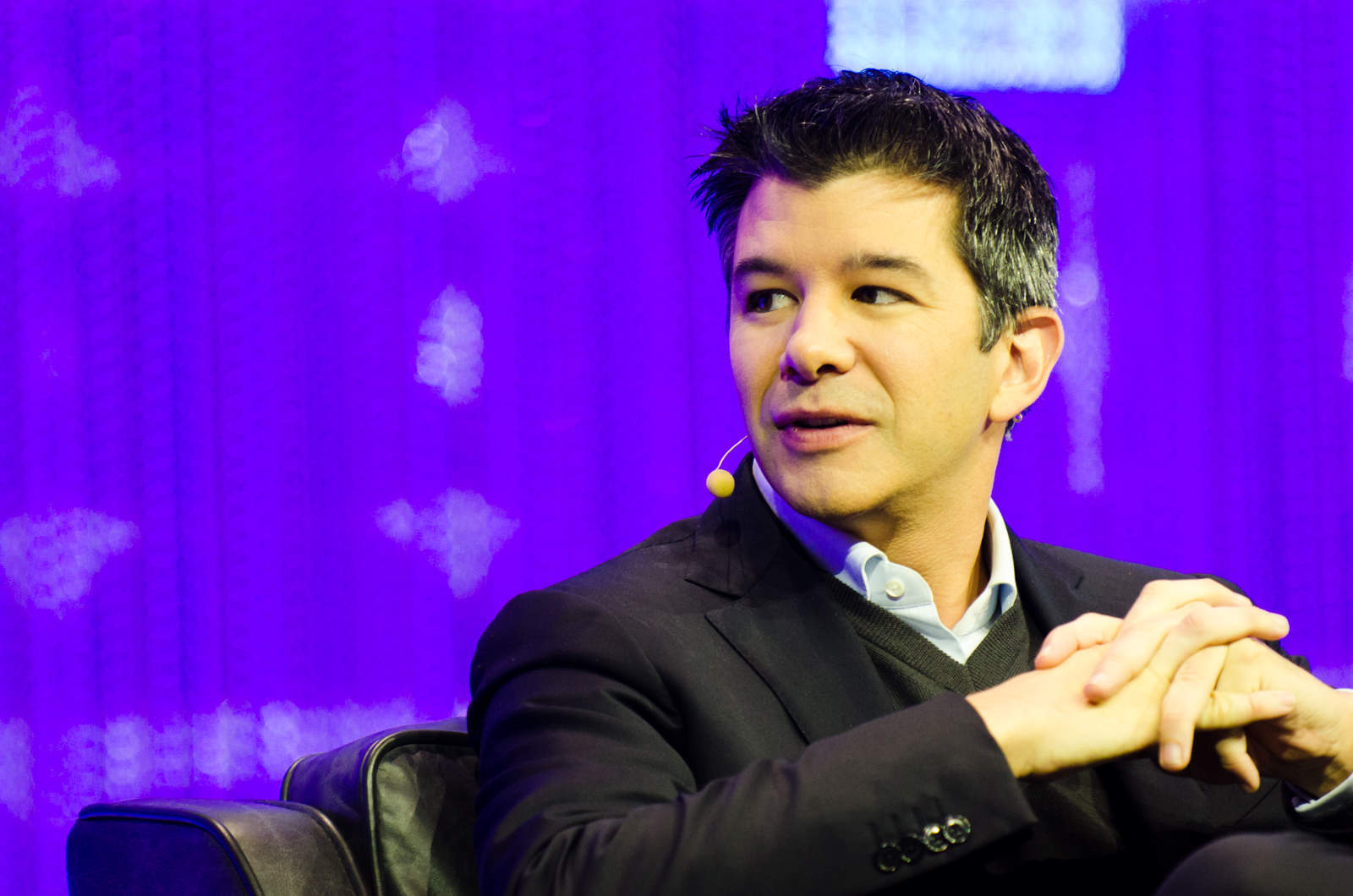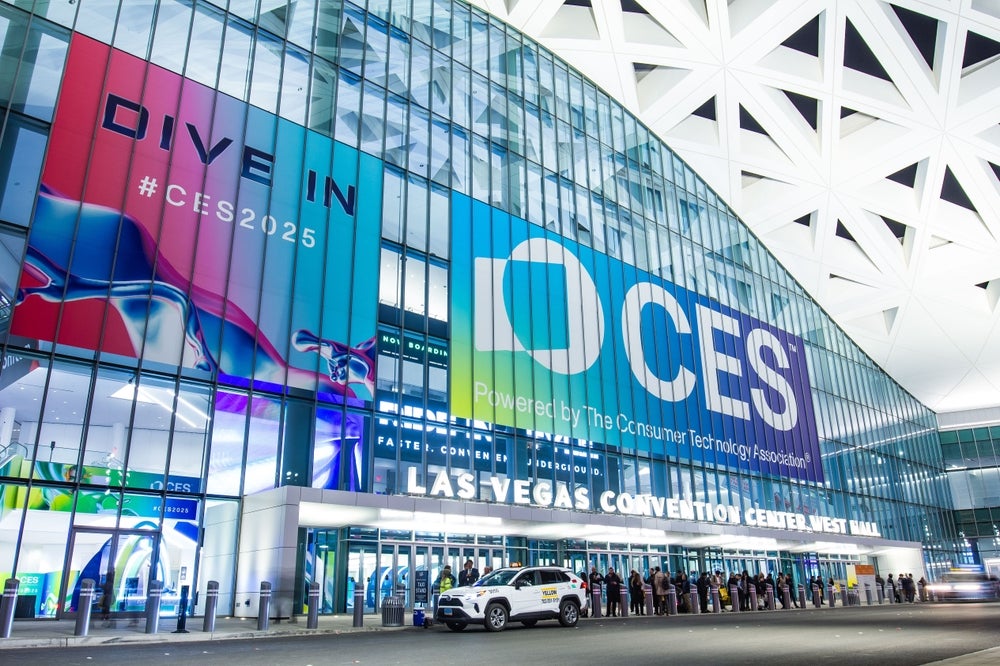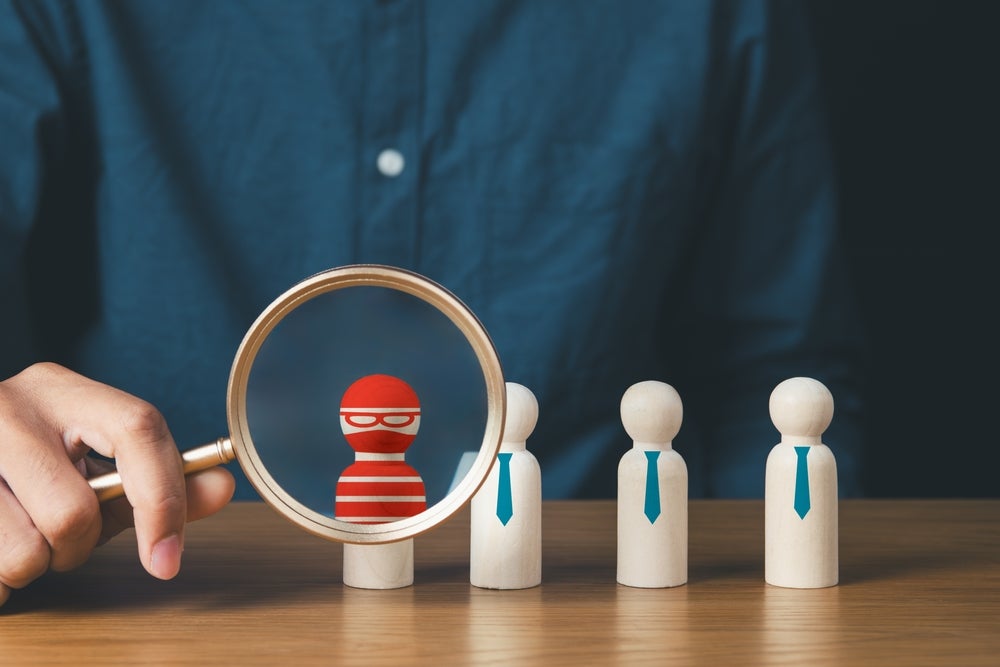
Uber has been hitting the headlines for all the wrong reasons.
In a breakdown of the company’s recent weeks: a female engineer called Uber out for systemic sexual harassment; Alphabet filed a lawsuit against the startup’s self-driving division for stealing its technology; a senior executive was asked to resign for not disclosing sexual harassment allegations; and finally, a video surfaced yesterday in which the startup’s CEO Travis Kalanick was arguing with an Uber driver over fares, and told him: “Some people don’t like to talk responsibility for their own shit. They blame everything in their life on somebody else. Good luck!”
A total of seven high-profile employees have left the company this year. This weekend alone, Uber’s president Jeff Jones and the company’s vice president of maps and business platform, Brian Mclendon, have both handed in their resignations.
Jones told Recode that his resignation was in response to the controversies that have happened at the startup. He said:
“It is now clear, however, that the beliefs and approach to leadership that have guided my career are inconsistent with what I saw and experienced at Uber, and I can no longer continue as president of the ride sharing business.”
Prior to his role at Uber, Jones was chief marketing officer at Target. An Uber spokesperson told Reuters, “We want to thank Jeff for his six months at the company and wish him all the best.”
How well do you really know your competitors?
Access the most comprehensive Company Profiles on the market, powered by GlobalData. Save hours of research. Gain competitive edge.

Thank you!
Your download email will arrive shortly
Not ready to buy yet? Download a free sample
We are confident about the unique quality of our Company Profiles. However, we want you to make the most beneficial decision for your business, so we offer a free sample that you can download by submitting the below form
By GlobalDataBrian McClendon has reportedly said that he is departing on amicable terms and will stay on as an adviser at the company.
It’s not easy running the most successful startup in the world.
Where are Uber’s issues coming from?
“I think the CEO video is a perfect example of the company culture because it shows exactly Travis’s true nature. He has a short fuse, he’s very imperialistic and he snaps at people. I think all things start from the top and become part of the culture,” Rob Kniaz, founding partner at early stage venture capitalist firm Hoxton Ventures which has investments in the likes of Deliveroo, told Verdict.
“A lot of [Uber’s] missteps are finally coming back to hurt them when it in the past it has worked for them to build a ruthless culture.”
Hoxton Ventures focuses on investing in Europe alone, so becoming involved with Uber was never something that was on the company’s cards.
That being said, “As a pure investor, I would have loved the return that it brought. It has made many people very, very rich,” said Kniaz.
“Essentially though, we do pay attention when we are investing and see what a culture is like. You have to take that seriously as an investor – are you really willing to be part of a culture or work with someone who may be difficult? I hope we would have seen the bad traits at the time of investment.”
It appears some of the startup’s investors are thinking similar things. Two early-stage investors, Freada and Mitch Kapor published an open letter last week to criticise the way the company has acted.
“Uber’s outsize success in terms of growth of market share, revenues and valuation are impressive, but can never excuse a culture plagued by disrespect, exclusionary cliques, lack of diversity, and tolerance for bullying and harassment of every form.”
It’s not just the past few weeks that has seen the startup marred with controversy. In December last year, it had to pull its self-driving cars off the roads in San Francisco because the cars were caught running red lights on numerous occasions.
In January, Uber paid $20m to settle a Federal Trade Commission lawsuit that accused the company of exaggerating how much its drivers could earn.
Kalanick has since apologised for his outburst in the video in a note sent to all Uber employees.
“To say that I am ashamed is an extreme understatement. My job as your leader is to lead…and that starts with behaving in a way that makes us all proud. That is not what I did, and it cannot be explained away.
“It’s clear this video is a reflection of me—and the criticism we’ve received is a stark reminder that I must fundamentally change as a leader and grow up.”
This reflects another issue in the Silicon-Valley leadership we’ve come to expect, where the CEO embodies the company and there isn’t much power to anybody else to change this.
“I think in Silicon Valley in particular, and I’ll use Snapchat as an example, a lot of these companies have very strong founder provisions in terms of share rights where it is very hard sometimes even for the board to enact a big change,” said Kniaz.
“With Uber right now, it would almost be impossible for the board to replace Travis or do anything but ask him to be nice. As investors, there’s not really much you can do even if you wanted to.”
Can Uber ever recover from this?
Despite the criticisms and the evident issues in the startup, Uber is still a highly successful company. Its global reach is massive with Kniaz suspecting that it probably covers more cities in the world than almost any other company, apart from the likes of Coca-Cola or KFC.
And in spite of these issues, Uber will probably shake off the bad press and go on to grow even more than it already has. In Silicon Valley, there are rumours that the company could be going public within the year.
“There’s an inevitability that a company like this with a high valuation needs to go public and get liquidity for the big investors,” said Kniaz. “My money would be on an IPO in 12 months.”
The company’s worldwide presence and domination in the ride-sharing/taxi market – it is in 538 cities around the world, mean that for now, it appears relatively safe.
“Even if you piss off all of Silicon Valley, and seem like the worse company in the world, as far as that goes, are people going to stop using the app in London, Sao Paolo or Deli? I don’t really think so,” said Kniaz.






